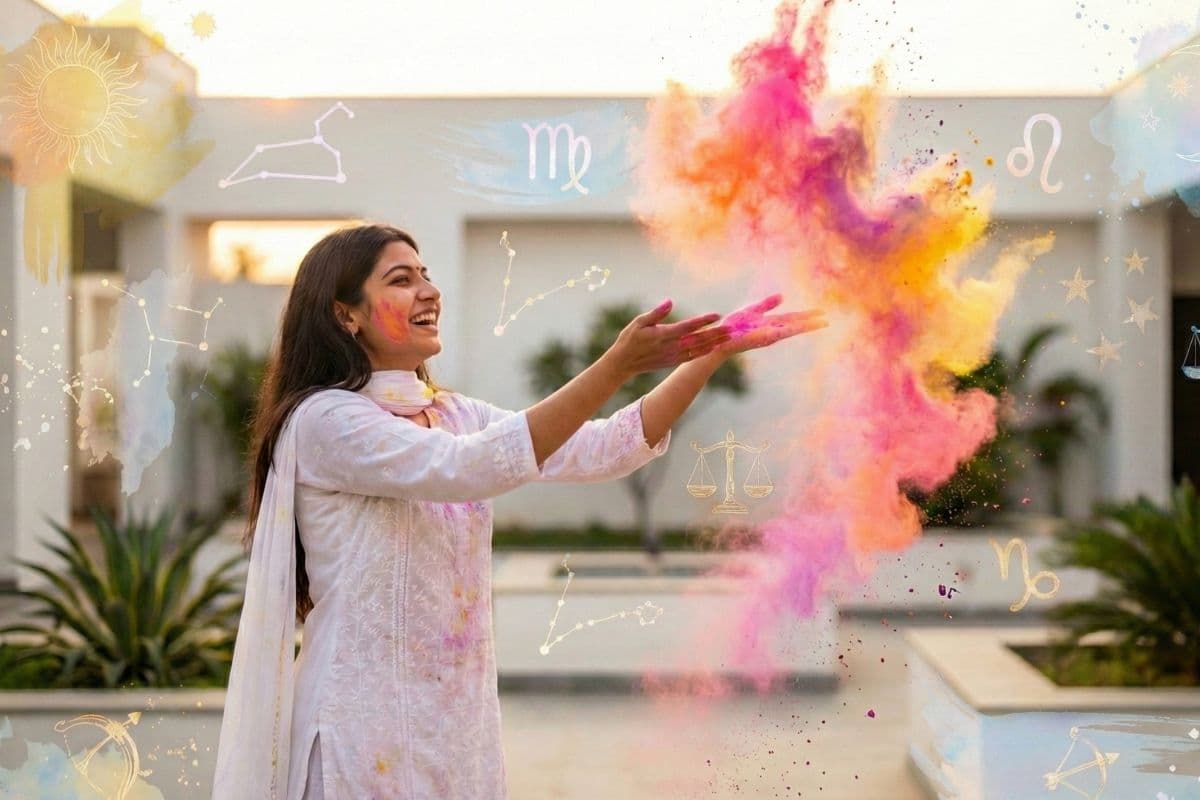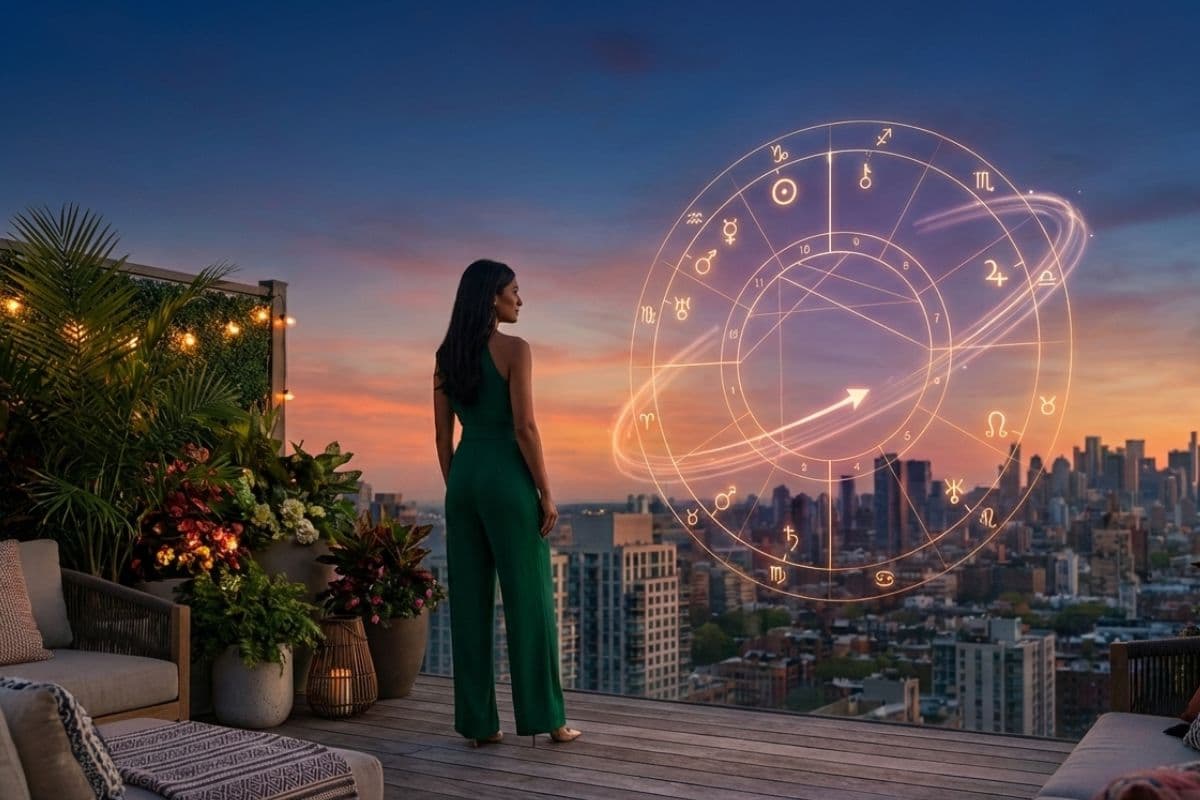Explore Topics
Recent Articles

Phalguna Begins 2026: The month that helps you let go and start fresh
Written by Mayur•30 Jan 2026•3 min read

Dreaming of missing trains or flights: What astrology says about your life timing
Agastyaa•29 Jan 2026•3 min read

Born with retrograde planets? Here’s how they shape your mind, career and relationships
Agastyaa•29 Jan 2026•5 min read
© 2025, Astrosure, All rights reserved